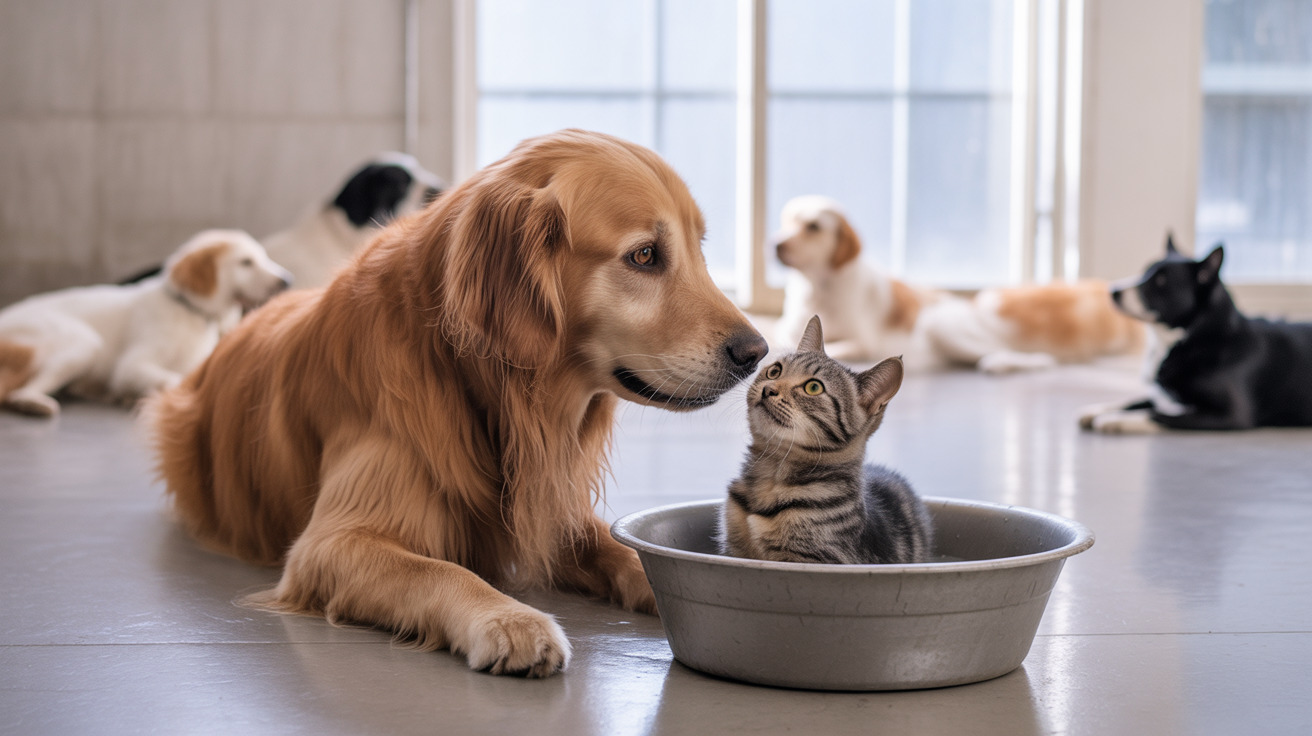Do Dogs Sleep Better in the Dark?
Just like humans, dogs have unique sleep needs influenced by age, breed, and overall health. While they don’t require complete darkness to sleep, a dark environment can significantly improve the quality of your dog’s rest. Understanding how darkness affects a dog’s sleep can help pet owners create an optimal sleep environment at home.
Why Darkness Affects Dog Sleep
Dogs are diurnal to some extent, meaning they are more active during the day and tend to rest at night. Their circadian rhythms, which regulate sleep-wake patterns, are influenced by light and dark cycles. Lower light levels at night signal the body to produce melatonin, a hormone that promotes sleepiness. Thus, a dark space mimics a natural sleeping condition that facilitates longer and deeper sleep.
How Dogs Sleep
- Average Sleep Duration: Dogs typically sleep 12–14 hours per day.
- Puppies and Seniors: Between 18–20 hours due to high energy needs (puppies) or age-related fatigue (seniors).
- Pattern: Unlike humans, dogs cycle through several short naps and periods of REM sleep throughout the day and night.
- Light Sleepers: Dogs get less REM sleep than humans, making them sensitive to disturbances like light and noise.
Benefits of Sleeping in the Dark
- Promotes Melatonin Production: Darkness signals the brain to release melatonin, promoting restful sleep.
- Reduces External Stimulation: A dark environment decreases distractions and noise sensitivity.
- Supports Natural Rhythms: Mimicking the natural day-night cycle helps maintain a consistent sleep pattern.
Factors Affecting Dog Sleep
Although darkness contributes to better rest, several other factors influence sleep:
- Exercise: Regular physical activity helps release pent-up energy.
- Diet: A consistent and nutritious diet promotes overall wellness and relaxation.
- Routine: Sticking to a sleep schedule reinforces healthy habits.
- Comfort: A cozy, dark, and quiet room supports deeper sleep.
- Health: Conditions such as arthritis, cognitive dysfunction, or hypothyroidism can disrupt sleep quality.
When to Be Concerned
It's important to recognize when your dog's sleep changes dramatically. Signs that may warrant a trip to the vet include:
- Sudden lethargy or excessive sleeping
- Difficulty sleeping or frequent waking
- Behavioral changes or confusion
- Other symptoms like appetite loss, weight changes, or accidents
Common Sleep Disorders in Dogs
- Narcolepsy: Characterized by sudden loss of muscle control and sleep attacks.
- Sleep Apnea: More common in brachycephalic breeds; causes snoring and troubled breathing.
- REM Sleep Behavior Disorder: Dogs may twitch, bark, or move violently during REM sleep.
Tips for Helping Your Dog Sleep Better
- Create a Sleep-Friendly Space: A quiet, dark room with a comfortable bed encourages relaxation.
- Maintain a Consistent Schedule: Regular feeding, walking, and playing times promote routine.
- Provide Daytime Activity: Mental stimulation and exercise help tire out your pet naturally.
- Monitor Environmental Changes: New family members, movers, or sounds may affect your dog’s nighttime rest.
Conclusion
While dogs don’t need pitch blackness to sleep, they do benefit from a dark, peaceful environment. It supports their natural sleep cycle and aids in restorative rest. By crafting a suitable space and adhering to consistent routines, pet owners can significantly enhance their dog’s sleep quality. Always consult a veterinarian if there are any sudden or concerning changes in your dog’s sleep pattern.





